If you only make one nutrition upgrade this year, make it this: shift as much of your diet to organic as you reasonably can. It’s not about perfection or fear—it’s about limiting your exposure to synthetic pesticides and here's why:
This mouse study..
Two lines of animal research from the past 10 years stand out:
-
Glyphosate & Alzheimer’s-like changes
In 2024, a Journal of Neuroinflammation study exposed mice (including an Alzheimer’s-prone strain) to glyphosate for 13 weeks. Months after exposure stopped, glyphosate and its metabolite were still detectable in brain tissue, alongside persistent neuroinflammation, anxiety-like behaviour and worsened Alzheimer’s-type pathology (more amyloid-β, phosphorylated tau, BACE-1 activity). In the Alzheimer’s-prone mice, mortality was higher too. -
Fungicide cocktail & amyloid aggregation
In 2020, Environmental Health Perspectives reported that giving an Alzheimer’s-model mouse a very low-dose mixture of three common fungicides (the level allowed in drinking water) increased neuroinflammation and accelerated amyloid aggregation—the sticky plaques that define the disease.
These are mice, not people, but they set off the smoke alarm: chronic, low-level pesticide exposures—well within regulatory limits—can push brains in the wrong direction.
Does going organic actually lower pesticide load in people?
Yes—quickly and measurably.
-
A 2019 cluster-randomised crossover trial swapped schoolchildren onto an organic diet for 40 days. Result: significantly lower urinary markers of pyrethroid and neonicotinoid insecticides, plus reductions over time in biomarkers of oxidative stress/inflammation (8-iso-PGF₂α, 8-OHdG, MDA).
-
A separate 2019 multi-city US intervention found that families’ urinary pesticide biomarkers dropped across more than 40 commonly used pesticides within days of switching to organic.
The fastest, most reliable way to reduce routine pesticide exposure is to eat organic.
Do organics translate to better long-term health?
Human outcomes take longer to prove, but signs are encouraging:
-
In a 68,946-person French cohort, those who most often chose organic had a lower overall cancer risk—notably less non-Hodgkin lymphoma and post-menopausal breast cancer—after adjusting for lifestyle factors. This is observational (not causation).
-
A 2023 systematic review concluded that organic eating is consistently linked to lower pesticide exposure and shows signals of benefit in health markers; it called for more high-quality trials (fair and reasonable).
Add these to the animal data above and a precautionary pattern emerges.
“But isn’t conventional food safe?”—the nuance
Regulations assess chemicals largely one by one, at “acceptable” doses. Real life isn’t one-by-one: it’s mixtures, daily, for years. The fungicide study used regulatory-allowed levels yet still worsened Alzheimer’s-like biology in mice; the glyphosate study found brain residues and lasting inflammation months after exposure stopped. That doesn’t prove inevitable human harm—but it does justify reducing exposures we can control, starting with what’s on our plates.
Do organics actually deliver more nutrients?
Short answer: often, yes—especially for plant polyphenols and omega-3s in dairy/meat—though results vary by crop, season and farming context.
-
Crops (fruit, veg, grains): The largest meta-analysis of 343 studies found organically grown crops have higher antioxidant/(poly)phenolic compounds on average and lower cadmium than conventional equivalents. This points to a denser “phytonutrient package” alongside fewer contaminants.
-
Milk & meat: Two British Journal of Nutrition meta-analyses reported that organic milk and meat contain ~50% more omega-3 fatty acids on average, improving the omega-6:omega-3 balance—a small but meaningful nudge for cardiometabolic health.
-
Big picture (last few years): Newer reviews still find consistent reductions in pesticide residues with organic diets and signals of nutrient advantages (e.g., selected micronutrients and phytochemicals), while noting that human outcome trials are still catching up.
-
Nuance: Nutrient levels aren’t only about farming system—cultivar, soil, terroir and season also matter. Even with that variability, the cross-study pattern above (more polyphenols in crops; more omega-3s in milk/meat) holds.
Here's how to incorporate more organics into your diet:
-
Prioritise organic for the foods you eat most: breakfast grains, leafy greens, berries, apples, potatoes, legumes, teas, herbs and spices. (These are frequent residue offenders in monitoring reports across countries.)
-
If budget is tight, start with a few swaps and buy in season; choose Australian Certified Organic or equivalent logos where possible.
-
Remember: organic isn’t “pesticide-free”, but it prohibits synthetic pesticides linked to many of the concerns above and consistently results in far fewer and lower residues in people.
- When you purchase supplements- make sure they are organically grown, its counterintuitive to try and fix one problem by introducing another.
No single study should dictate your diet. But when controlled human diet swaps repeatedly show lower pesticide loads, large cohorts hint at better health, and animal models reveal neurobiological red flags—including Alzheimer’s-like changes—it’s rational (and easy) to choose organic whenever you can. Your brain and body will be exposed to fewer synthetic chemicals, and that’s a bet most of us would take.
Australian Organic Beef Liver CapsulesA powerful supplement for your health and wellness. Order Now |
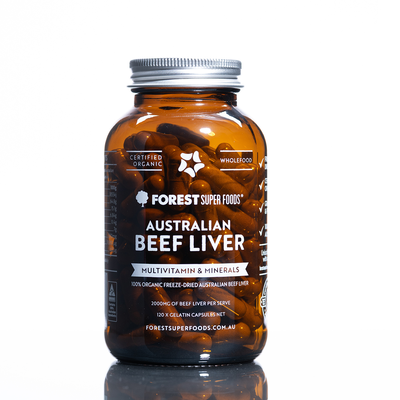
|






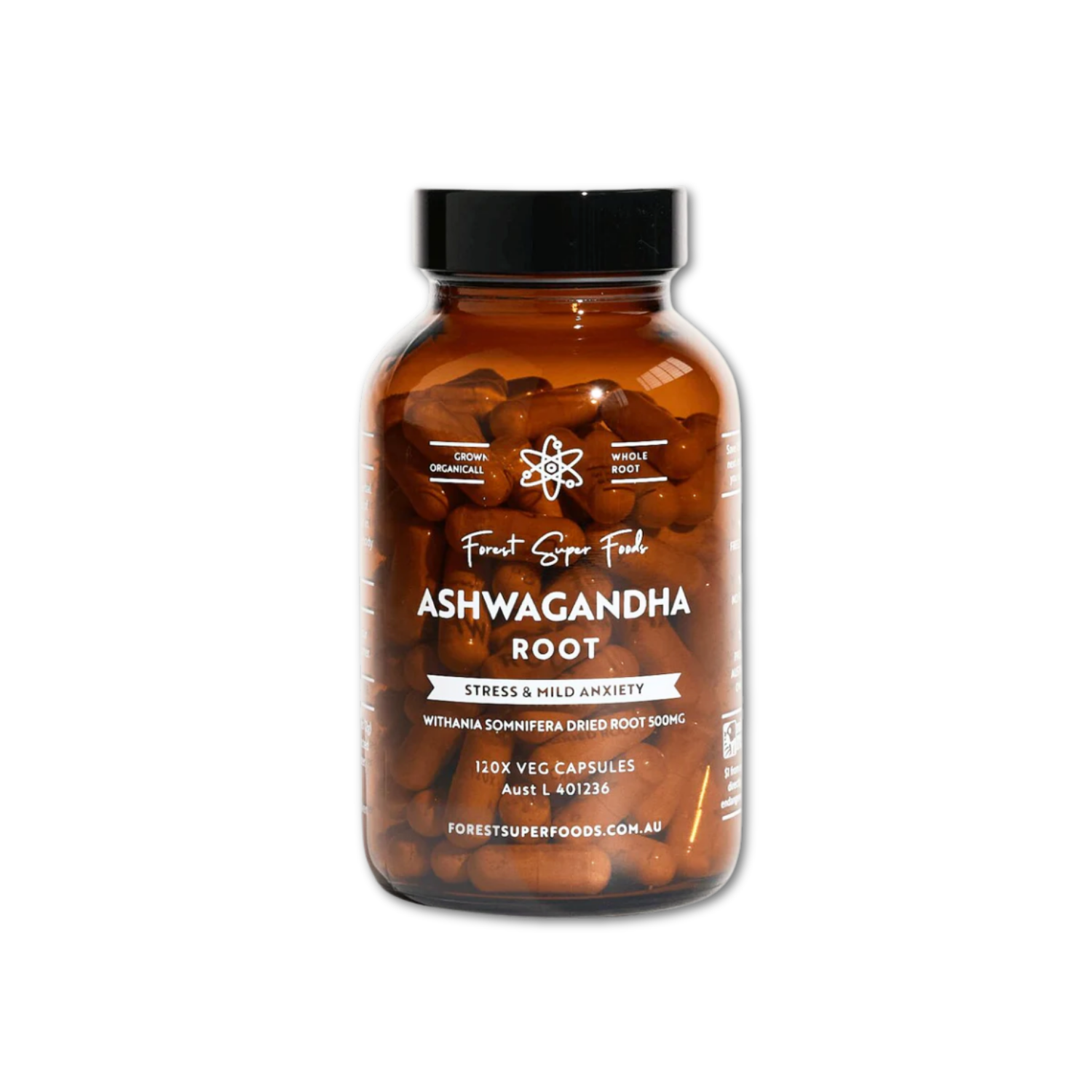
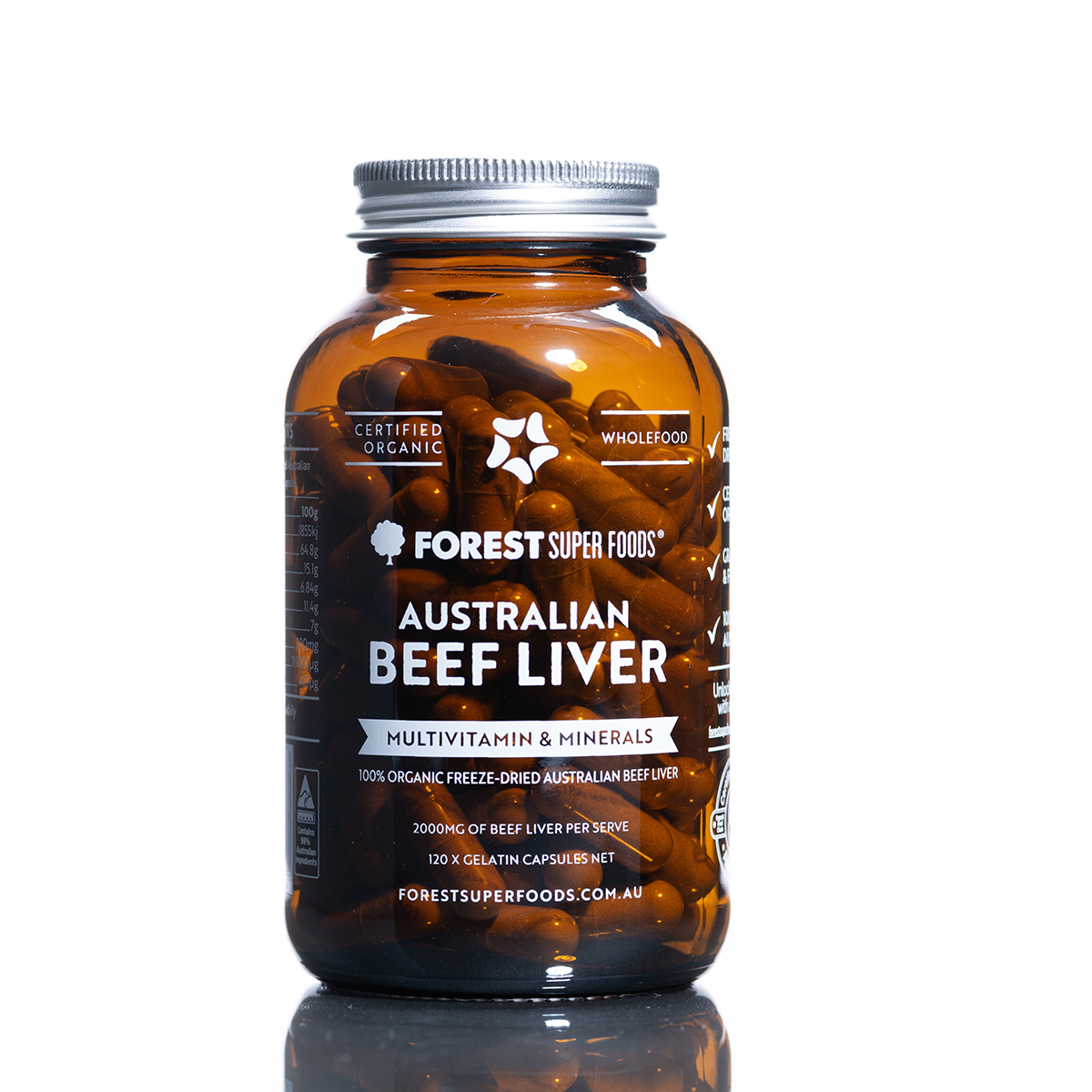
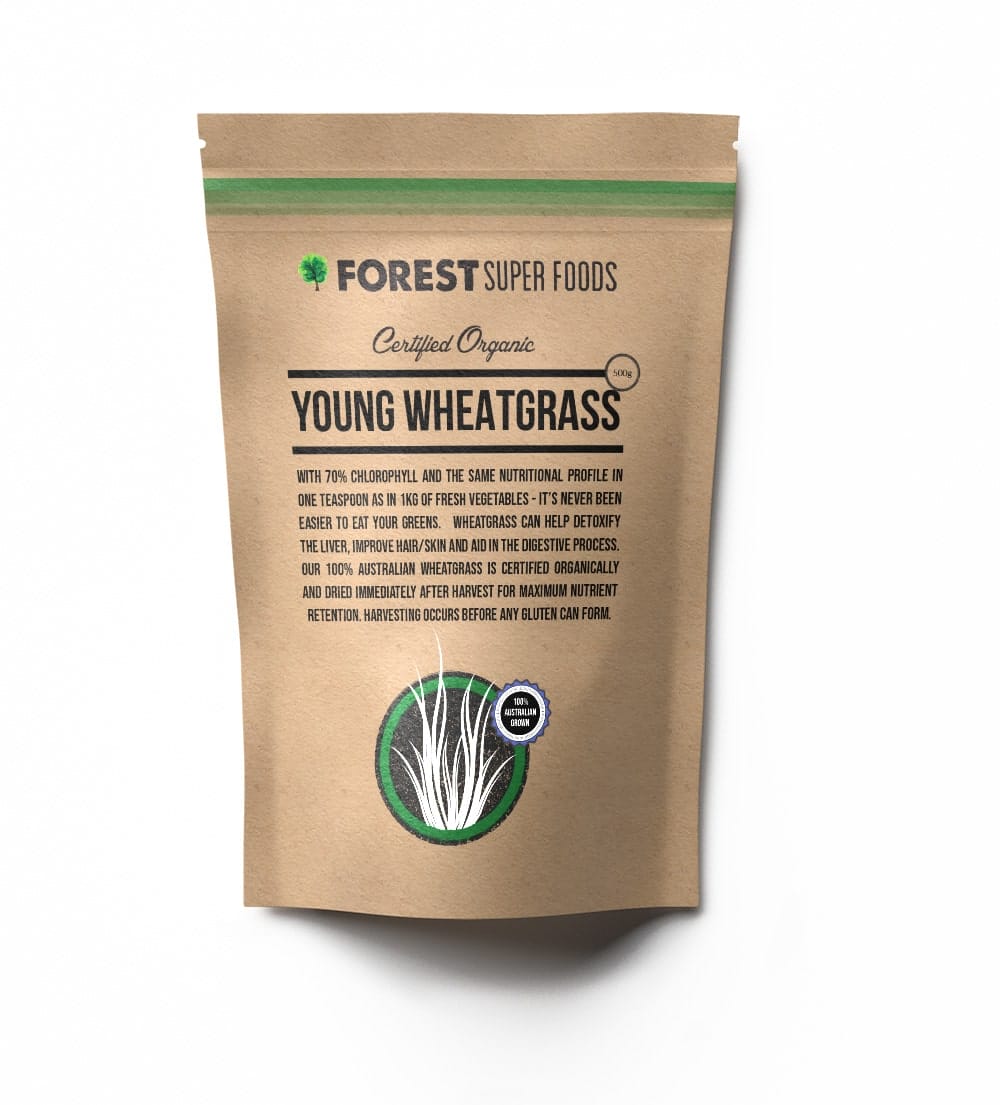
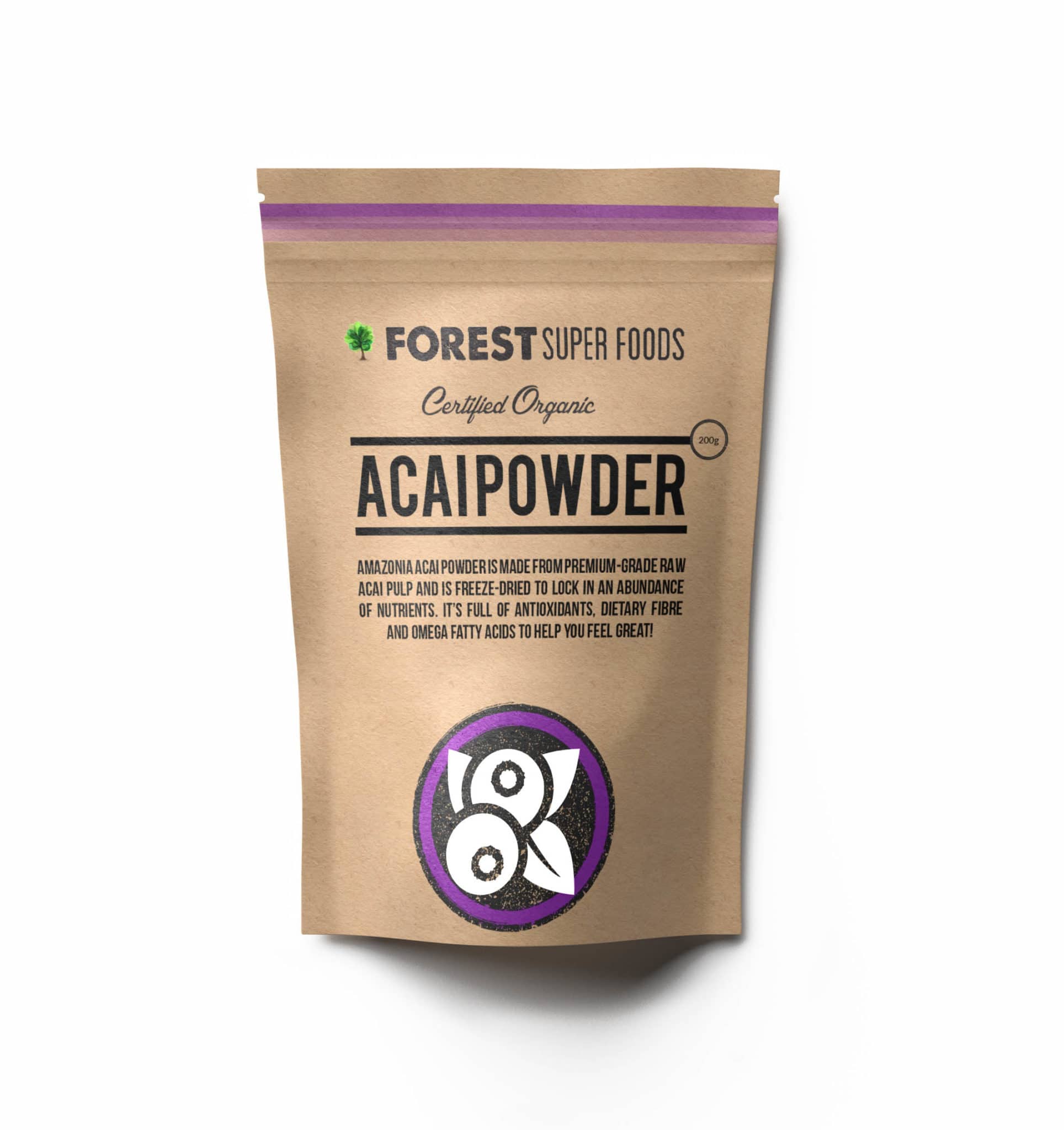
Leave a comment
All comments are moderated before being published.
This site is protected by hCaptcha and the hCaptcha Privacy Policy and Terms of Service apply.